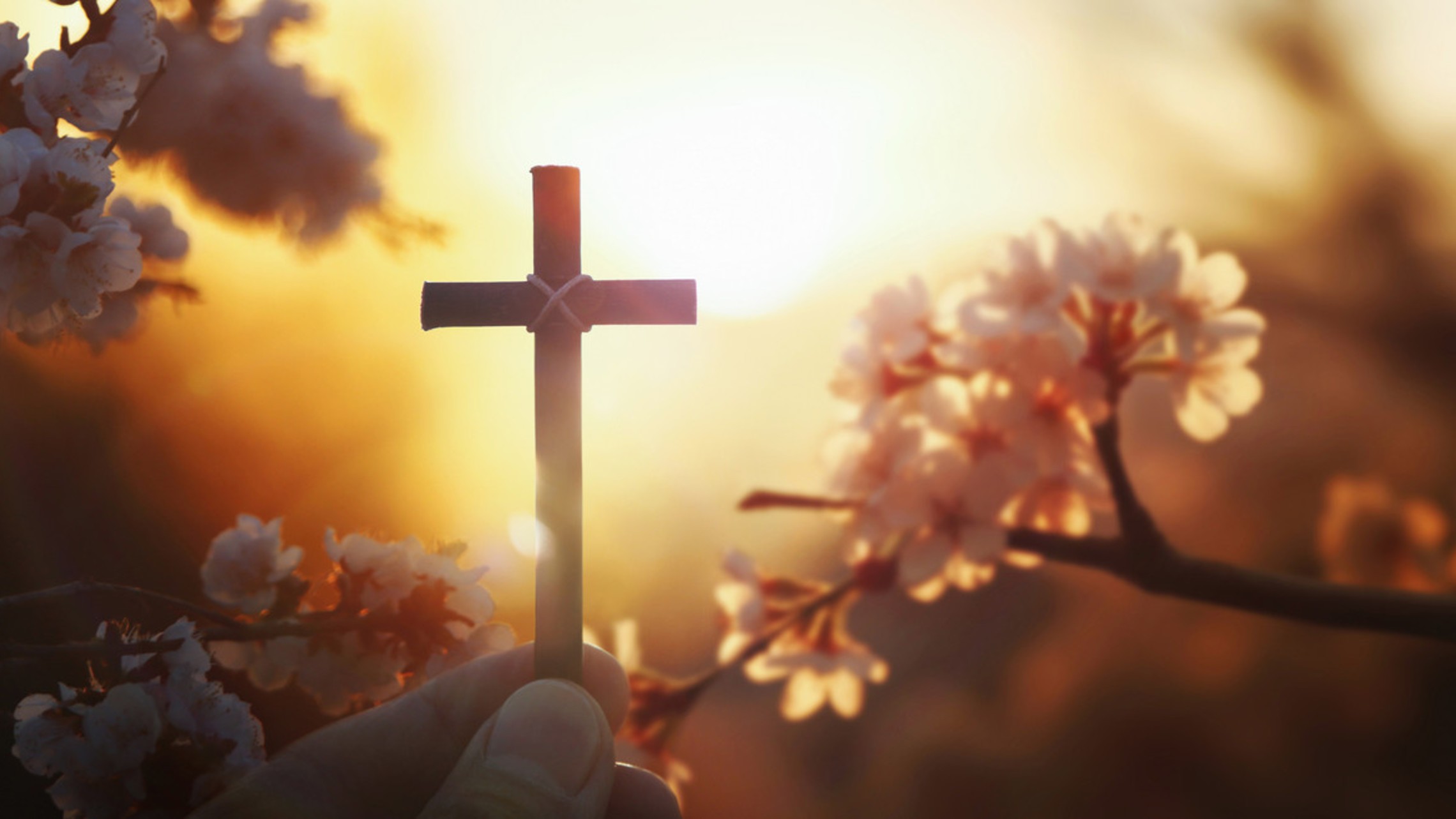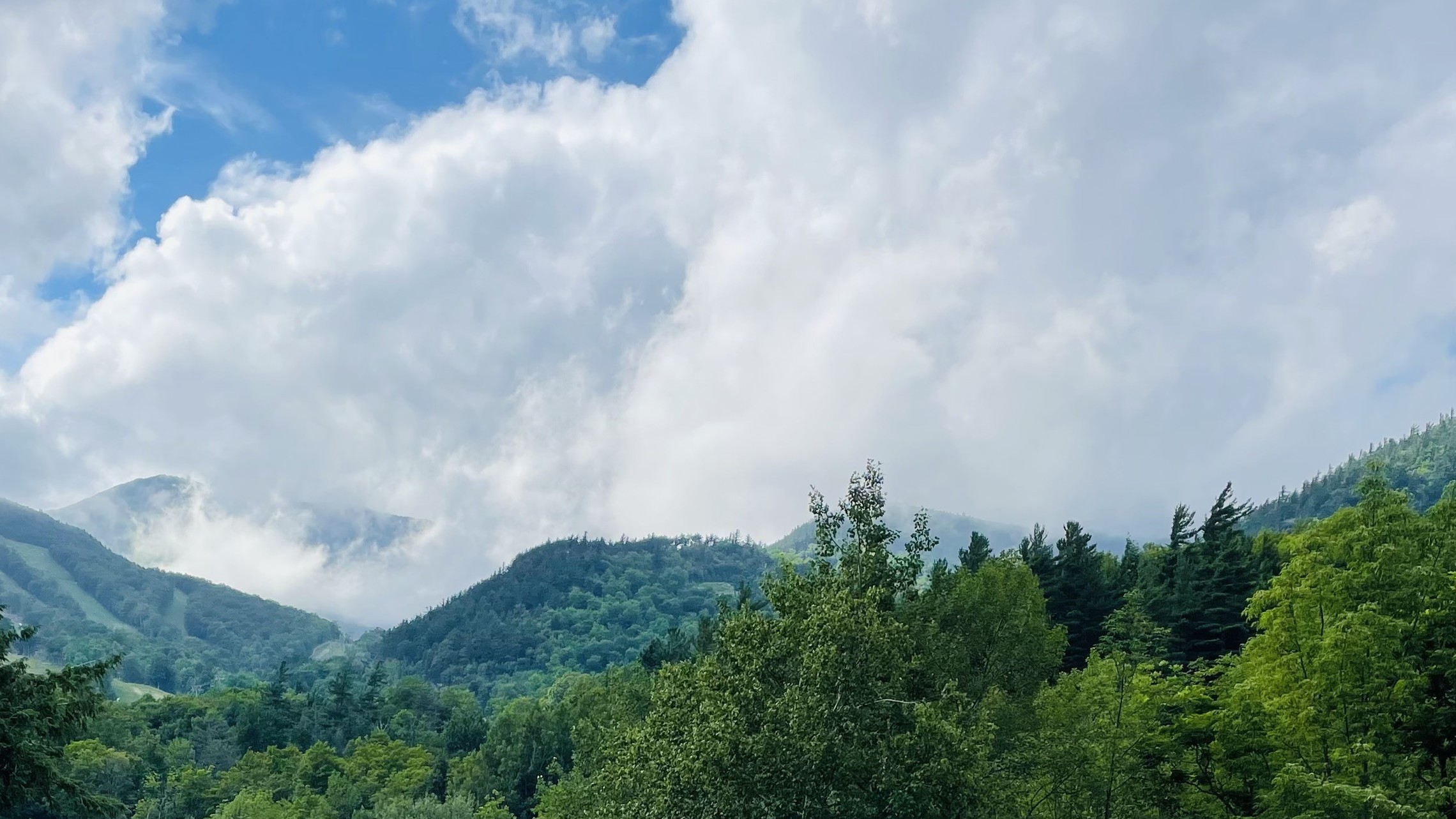TURN YOUR EYES TO THE MARGINS

What Can You Do for the Church in South Sudan?
Church in South Sudan Vibrant Amid Challenges
As he begins his mission as the first resident Vatican representative to South Sudan, Archbishop Séamus Patrick Horgan speaks to Vatican News about the many challenges facing the young African nation, saying the local Church is very much alive.
By Francesca Sabatinelli
Suppert Catholic Relief Services (CRS) on the margins here: https://support.crs.org/donate/help-around-world-1?ms=agigoo0924cti00gen01&gad_source=1&gbraid=0AAAAAD_IvJaqrwShzunmMZsD5C4ZEHkqR&gclid=EAIaIQobChMIiZb52aqyiAMVZlFHAR05NR5qEAAYASAAEgIZMvD_BwE
The Church in South Sudan is alive, and despite the enormous challenges faced by the world’s youngest nation, it tenaciously testifies to its unwavering faith and generosity.
This is also made possible by missionaries working the the country, both men and women, who, despite risking their lives, do not abandon the faithful.
As the United Nations raises the alarm over the dramatic situation the African country is experiencing along the border with Ethiopia due to floods affecting over 700,000 people, the new Apostolic Nuncio, Archbishop Séamus Patrick Horgan, has just begun his mission as the first resident Vatican representative in the African nation, born in 2011.
Speaking to Vatican News, he discussed the challenges that lie ahead for the country, one of the poorest in the world, and the local Church.
Q: Archbishop Horgan, you have recently started your service as Nuncio in one of the most difficult countries in the world, the youngest country but also one of the poorest. What has your arrival in Juba, South Sudan, meant for you?
I have been here just a week, so my knowledge of the country is obviously still somewhat limited. It has been a week full of events, beginning with a very warm and beautiful welcome at Juba airport a week ago. The local Church was there, represented by some bishops as well as faithful and many religious people.
I must say, there is a significant presence of religious institutes in the country. Then, there were also the faithful from the local parishes who welcomed me with joy and warmth. So, it was a great start, and, I must say, I immediately felt at home.
Q: Your Excellency, in recent years, with Cardinal Parolin’s visit in 2022 and Pope Francis’ Apostolic Journey in 2023, the Church of South Sudan has demonstrated to be a vibrant Church. Is this your first impression?
Yes, certainly. On Sunday, I had the opportunity to celebrate Mass in the cathedral of this Archdiocese, where Cardinal Stephen Ameyu Martin Mulla was present, along with a large number of priests and faithful. I was thus able to meet the diocesan community of Juba and participate in a joyful celebration.
Yes, one gets the impression of a living Church, a joyful Church—this is the main takeaway. Although it is in a context that faces great challenges, there is joy.
Q: The challenges that South Sudan has been facing for a long time now, include a very difficult humanitarian situation, the severe floods that are devastating a significant part of the country, and the effects of the conflict in Sudan, which have caused a large influx of displaced people. So, South Sudan, despite its own poverty, is now dealing with the arrival of refugees and displaced people, including religious men and women.
Indeed, all these challenges are obviously interconnected. The local Church is also helping to welcome refugees from Sudan, as you mentioned, and is also bringing the Gospel to the refugee camps. From what I’ve seen so far, there are various camps across the country with internally displaced people and refugees coming from outside. This is a great challenge for a country that already has its internal difficulties.
Regarding those arriving from Sudan, in my first week here, I had a very moving meeting with a group of Salesian sisters who ran a center for mothers and children in Khartoum before the war, which broke out over a year ago. For the first year of the war, they stayed in Khartoum, unable to leave, but remaining with those under their care. After a year of conflict, they managed, in quite a dramatic way, to leave Khartoum via the Nile, arriving in Port Sudan and then reaching Juba on the very day I was visiting the Salesian house. So, I was able to meet them, hear their story, and assure them of the Holy Father's presence and closeness. It was a beautiful moment, and these women, despite the suffering they had endured, gave a testimony of joy and faithfulness to their mission. For me, it was a touching encounter with women of great faith, who are trying to return to where they came from and restart their work whenever they can.
This, in my view, is the face of the missionary Church. This is the face of our wonderful missionaries, both men and women. It was a moving moment and, at the same time, a demonstration of what the Church can do in situations like this. These are stories of heroism by our missionaries, which we must not forget.
So, this was part of my first week here—a very beautiful moment that also showed the dramatic reality of the situation in Sudan and its impact on South Sudan. In addition, a few days ago, we had a meeting where the gravity of the flooding issue was once again emphasized. The country is currently experiencing heavy rains, which could lead to flooding, a phenomenon that often occurs in September and October.
Q: You are the first resident Nuncio, based permanently in Juba, and this is the first time this has happened.
Of course, I didn’t expect the appointment, but I am very happy about it because we have changed from being a Nuncio based in Nairobi, overseeing things from there, to a resident Nuncio here. I hope this will help the local Church. I will do my best to be the Pope’s presence in this country, which is very dear to the Holy Father’s heart, as we know.
The Church in all countries, in all conditions, must always preach the Gospel. This is the Church’s work, whether in situations of material poverty or even spiritual poverty. I will do my best here to support the essential work of the Church and also to help, in all possible ways, materially. But, as the Pope said in the Apostolic Constitution Praedicate Evangelium, our primary mission is to proclaim the Gospel, which remains the main challenge in every society.
Categories:



